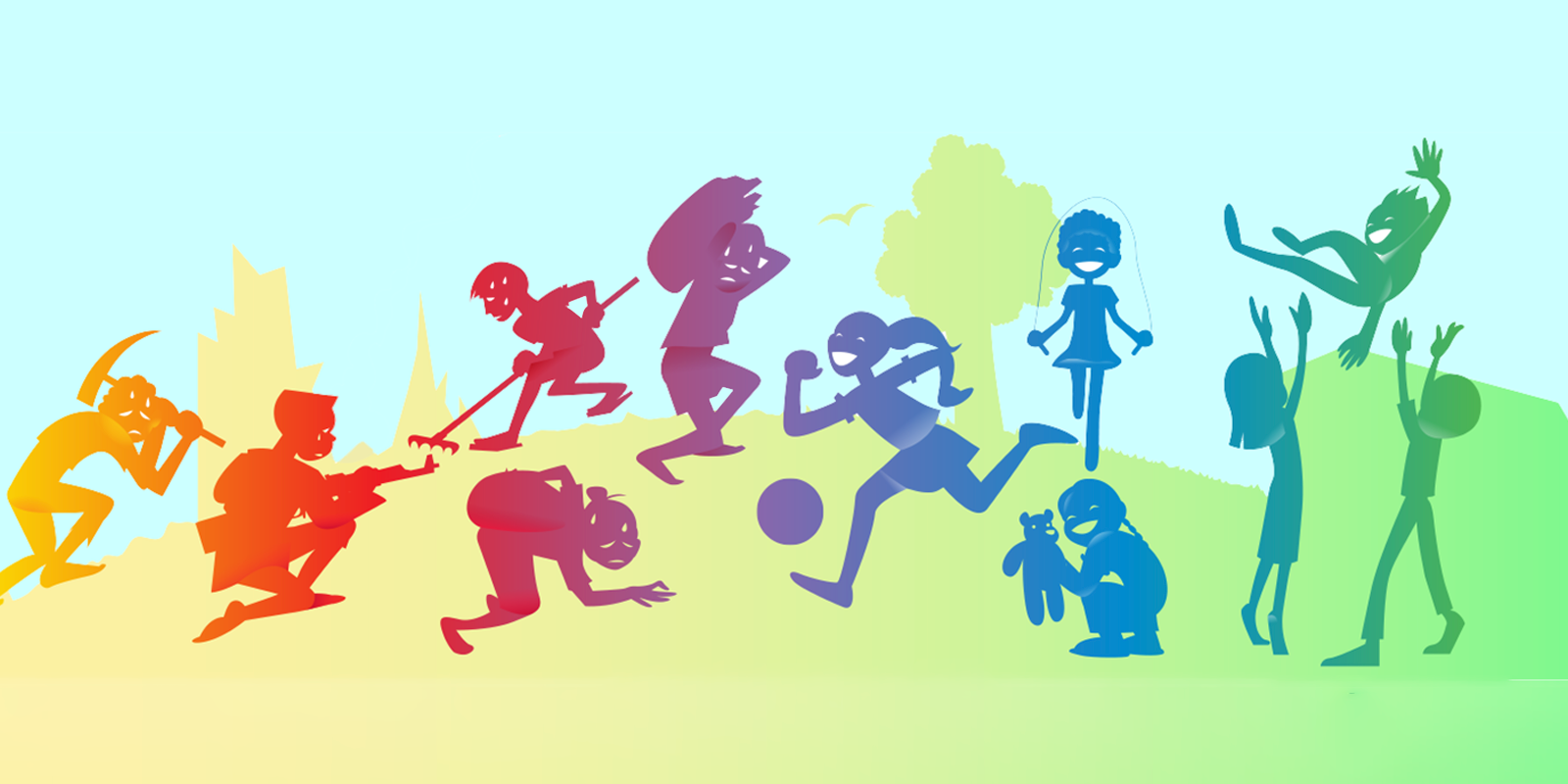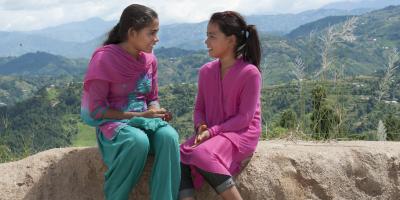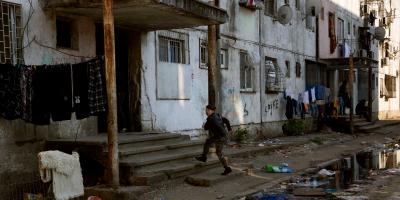
Rights & responsibilities
It’s important to know one’s own rights to be able to respect the rights of others. How are children treated in your local community?
Purpose
To gain an insight into how the rights of the child and human rights are linked to obligations and responsibilities.
Preparations
Make sure you have a pile of blank cards for your pupils to write on. Also give a brief overview of the basics:- No child should be discriminated against
- The priority must always be what is in the child’s best interests.
- Every child has the right to life and development.
- Every child has the right to share their opinion and adults must listen.
Do it like this
- Work in groups or pairs, and discuss how children are treated in your community. Are some treated worse than others? Are some being bullied at school? Use the following questions to get started!
- What are the best and worst things about being a child where you live?
- What are you most afraid of?
- What would you most like to change about your life right now?
- Is it particularly difficult for some groups of children where you live? If so, for which groups, and why?
- Do adults listen to you enough, for example, teachers, and parents?
- What is the most important thing to change for children where you live?
- Do you think that you have enough say about your life? For example, do you get to be involved in decisions that affect you?
- After working in pairs and groups, everyone presents their conclusions. If children’s rights are being violated, are there any suggestions for solutions to the problems? Explain that with rights come responsibilities, such as:
- Listen to and respect other people’s points of view.
- Stand up for your rights but also for the rights of others.
- Think about your actions and how they can impact others.
- Support people who need more care than ourselves.
- Give everyone time to think about other responsibilities they might have and give examples if they like.
- Finally, ask: What happens if they don’t take responsibility?
Topics
Related documents
| Convention on the Rights of the Child |
WORLD'S CHILDRENS PRIZE FOUNDATION
Långgatan 13, 647 30, Mariefred, Sweden
Phone: +46-159-129 00 • info@worldschildrensprize.org
© 2020 World’s Children’s Prize Foundation. All rights reserved. WORLD'S CHILDREN'S PRIZE®, the Foundation's logo, WORLD'S CHILDREN'S PRIZE FOR THE RIGHTS OF THE CHILD®, WORLD'S CHILDREN'S PARLIAMENT®, WORLD'S CHILDREN'S OMBUDSMAN®, WORLD'S CHILDREN'S PRESS CONFERENCE® and YOU ME EQUAL RIGHTS are service marks of the Foundation.


x
x
x




